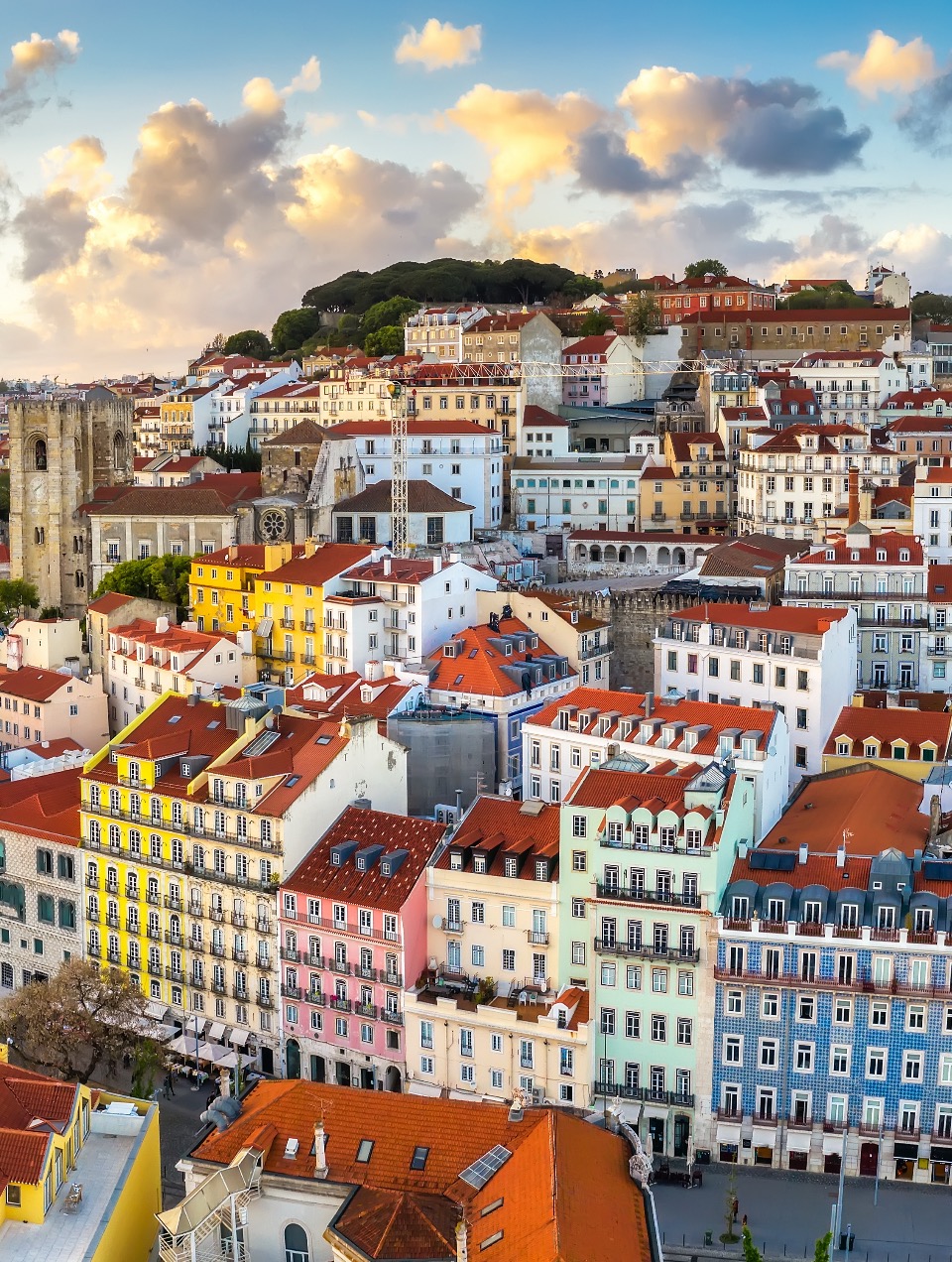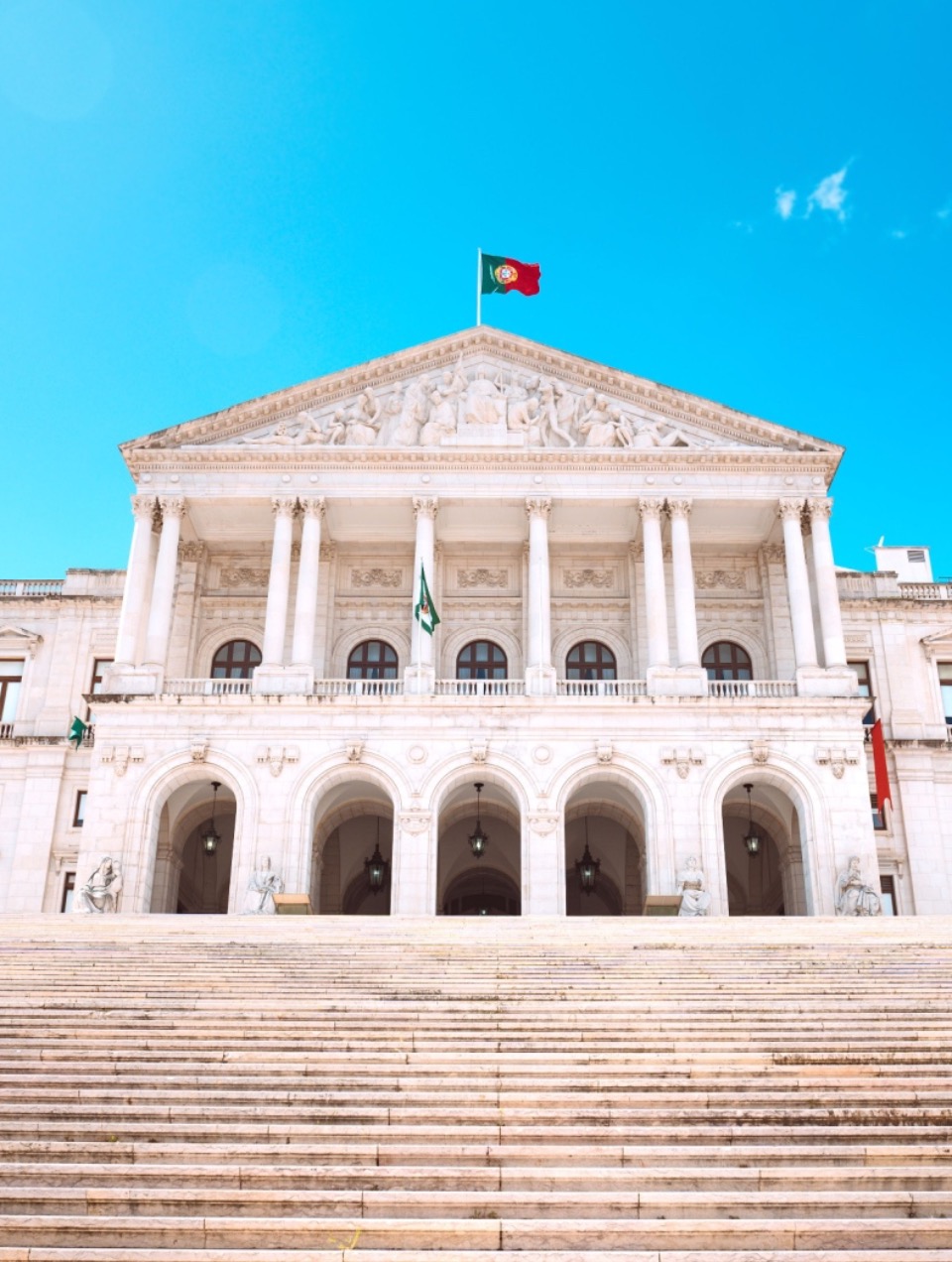Sun, beaches, and good food are three good reasons to move to Portugal. However, before you can enjoy the Dolce Vita, you have to tackle the challenges of the process.
With various types of residence permits available, moving to Portugal has never been simpler. However, there are several pitfalls to be aware of, and obstacles to avoid. This is where the expertise of a local partner like NEWCO is vital.
If you’re moving to Portugal, you need to be well aware of all the necessary steps, documents to gather and procedures to follow. Good preparation beforehand will ensure a successful move.
Is it easy to move to Portugal?
Citizens of the European Union (EU) and equivalent countries (Norway, Iceland, Liechtenstein, and Switzerland), as well as their family members, can move to Portugal and settle here for a period of more than three months, exercising their right to free movement, provided that they carry out an activity in Portugal (salaried or not) or have sufficient resources for themselves and their family members.
Moving to Portugal as a third-country citizen or as a family member of a third-country citizen involves additional formalities compared to European Union (EU) citizens, due to differences in immigration legislation.
Portugal has shown a growing interest in attracting new residents, both to boost the economy and to enrich the country's social fabric.
As part of this effort, a number of residence permits have been created in order to address different needs and circumstances.
What do you need to move to Portugal?
Within a maximum of three months after their arrival in Portugal, EU citizens must go to the Town Hall of their area of residence to register and obtain their "EU Citizen Registration Certificate". Family members who are not citizens of an EU Member State must inform the AIMA (Agency for Integration, Migration, and Asylum) that they intend to live in Portugal and apply for their "Residence Card" in this country. This is your first step when moving to Portugal.
Third-country nationals and their family members, on the other hand, need to apply for a visa appropriate to the purpose of their stay before they can travel to Portugal and obtain their residence permit here.
Residence visas must be applied for at the Portuguese consulate or embassy in the country of origin and, once approved, are valid for four months and allow two entries into Portugal.
This process includes the presentation of documents such as a passport, proof of accommodation, means of subsistence, health insurance, and, where applicable, employment, service provider or partnership contract, proof of passive income, family ties, or other, depending on the purpose of residence in Portugal.








